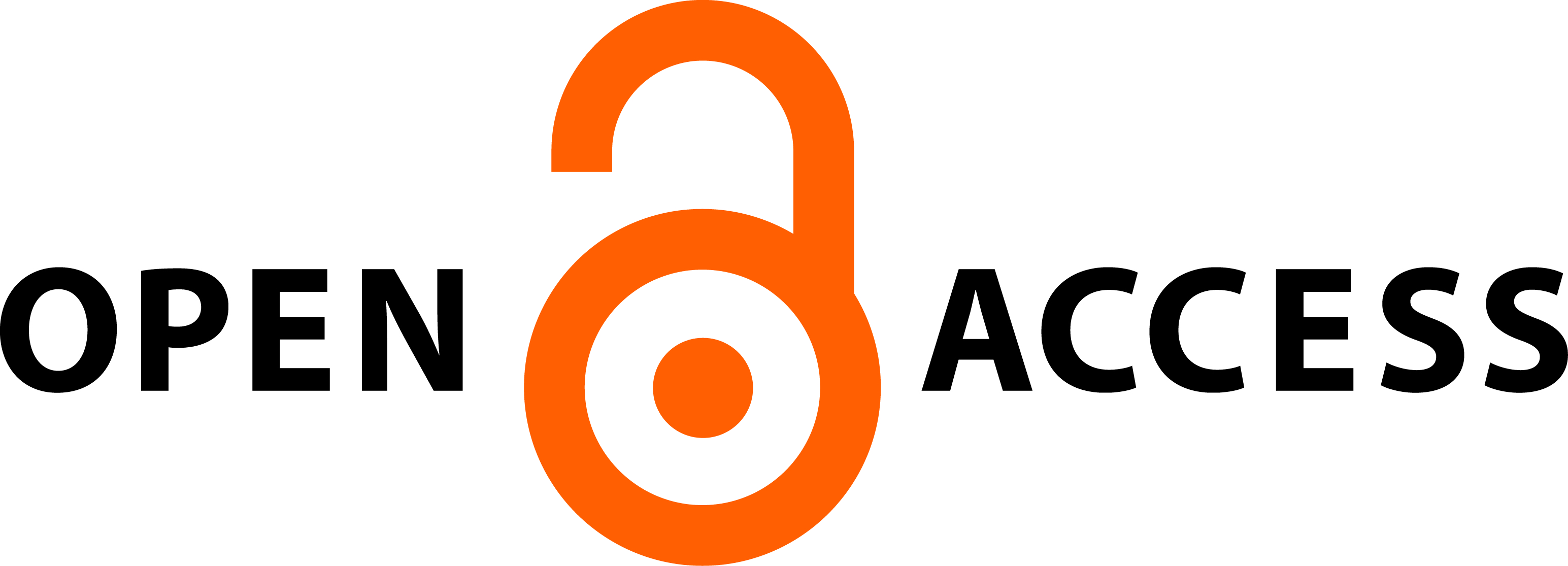PROBLEM KEHADIRAN DAN UPAYA HUKUM TERGUGAT DALAM PUTUSAN VERSTEK PERKARA PERCERAIAN PADA PENGADILAN AGAMA BANDUNG
DOI:
https://doi.org/10.21154/muslimheritage.v5i2.2362Keywords:
Religious Court, verstek, divorce, party attendance, legal effortAbstract
Abstract
Imposing court decisions in verstek are regulated in Article 125 HIR paragraph (1) or Article 149 RBg paragraph (1). The main requirement is that the plaintiff fulfills the summons to the trial, while the defendant has never attended the trial at all until the verdict is passed. The various types of decisions passed on the grounds of the party's presence also have an impact on legal remedies that can be taken by the party objecting to the decision. This study aims to determine the interpretation and implementation of judges on the provisions of the decision making verstek. The type of research used is juridical normative, namely the statutory approach and legal theory on cases that are the object of research. The results found, that in practice at the Bandung Religious Court there are judges who have other interpretations of the terms of the requirements for the imposition of verstek decisions. The defendant who was never present during the examination of the case but was present at the reading of the verdict, the judge can still issue a verdict in verstek. The presence of the defendant at the reading of the decision is equivalent to the notification of the contents of the decision. In addition, on the verstek decision that was appealed, there was a high judge who accepted and granted the legal remedy. Even though the legal action against the Verstek decision was by verzet, not filing an appeal.
Abstrak
Penjatuhan putusan pengadilan secara verstek diatur dalam Pasal 125 HIR ayat (1) atau Pasal 149 RBg ayat (1). Syarat utamanya yaitu penggugat memenuhi panggilan persidangan, sedangkan tergugat sama sekali tidak pernah menghadiri persidangan sampai dengan putusan dijatuhkan. Beragamnya jenis putusan yang dijatuhkan atas alasan kehadiran pihak maka berdampak pula pada upaya hukum yang dapat dilakukan oleh pihak yang keberatan atas putusan itu. Penelitian ini bertujuan untuk mengetahui penafsiran dan implementasi hakim terhadap ketentuan penjatuhan putusan verstek. Jenis penelitian yang digunakan adalah yuridis normatif yaitu pendekatan perundang-undangan dan teori hukum terhadap kasus yang dijadikan objek penelitian. Hasil yang ditemukan, bahwa pada praktiknya pada Pengadilan Agama Bandung terdapat hakim yang memiliki penafsiran lain terhadap ketentuan syarat penjatuhan putusan verstek. Tergugat yang tidak pernah hadir selama pemeriksaan perkara tetapi hadir pada saat pembacaan putusan, hakim tetap dapat menjatuhkan putusan verstek. Kehadiran tergugat pada saat pembacaan putusan disetarakan dengan pemberitahuan isi putusan. Selain itu, atas putusan verstek yang diajukan banding terdapat hakim tinggi yang menerima dan mengabulkan upaya hukum tersebut. Padahal upaya hukum terhadap putusan verstek adalah dengan verzet, bukan mengajukan banding.Downloads
Published
Issue
Section
License
Requirements to be met by the author as follows:
- Author storing copyright and grant the journal right of first publication manuscripts simultaneously with licensed under the Creative Commons Attribution License that allows others to share the work with a statement of the work's authorship and initial publication in this journal.
- Authors can enter into the preparation of additional contractual separately for non-exclusive distribution of a rich version of the journal issue (eg:post it to an institutional repository or publish it in a book), with the recognition of initial publication in this journal.
- Authors are allowed and encouraged to post their work online (eg, in institutional repositories or on their website) prior to and during the submission process, because it can lead to productive exchanges, as well as citations earlier and more severe than published works. (see The Effect of Open Access).














